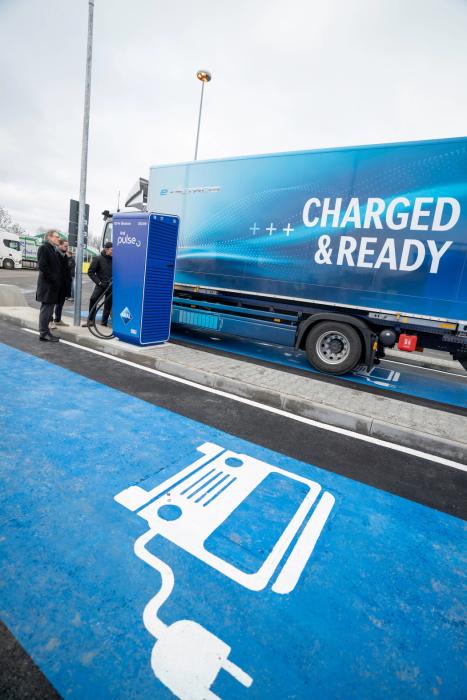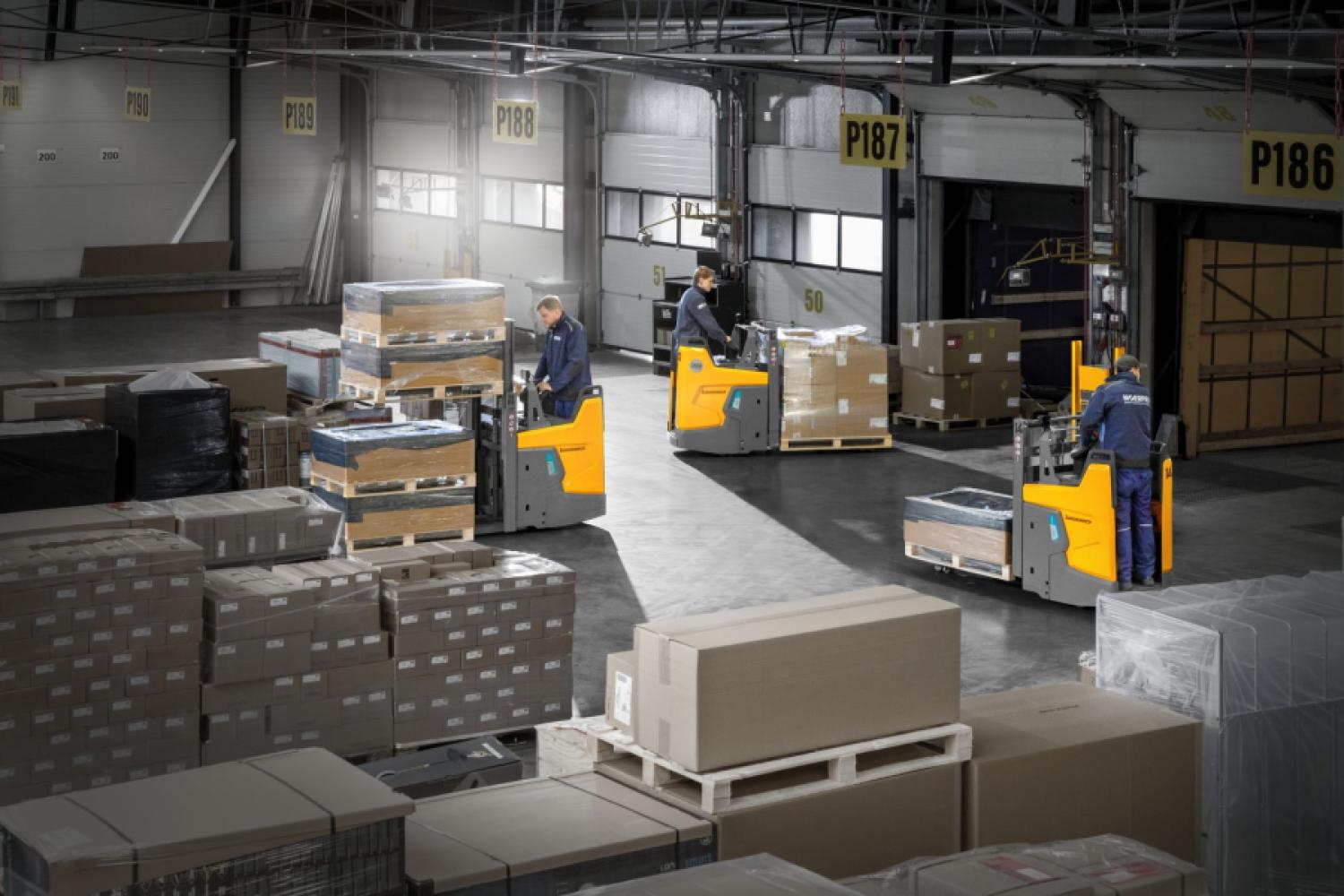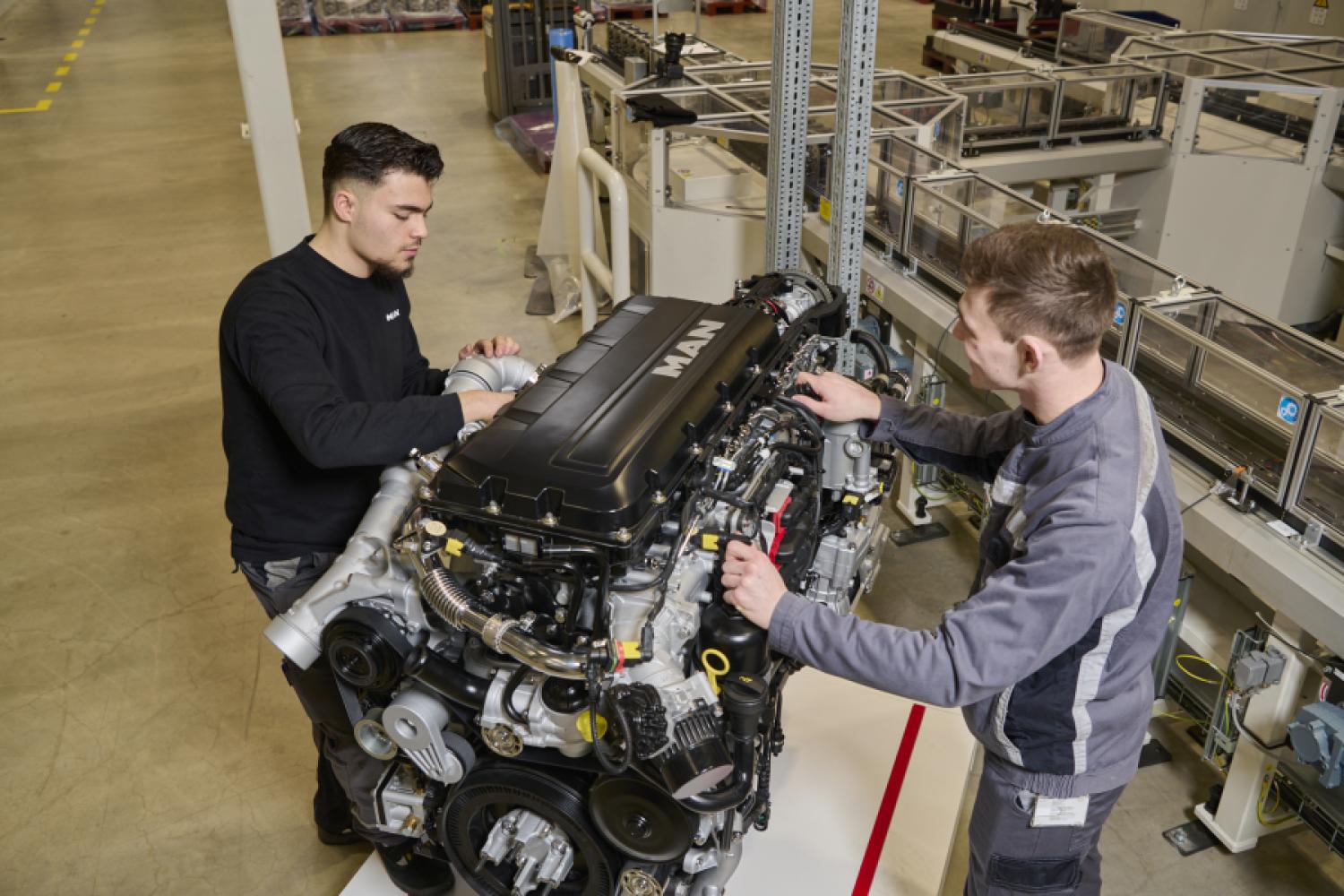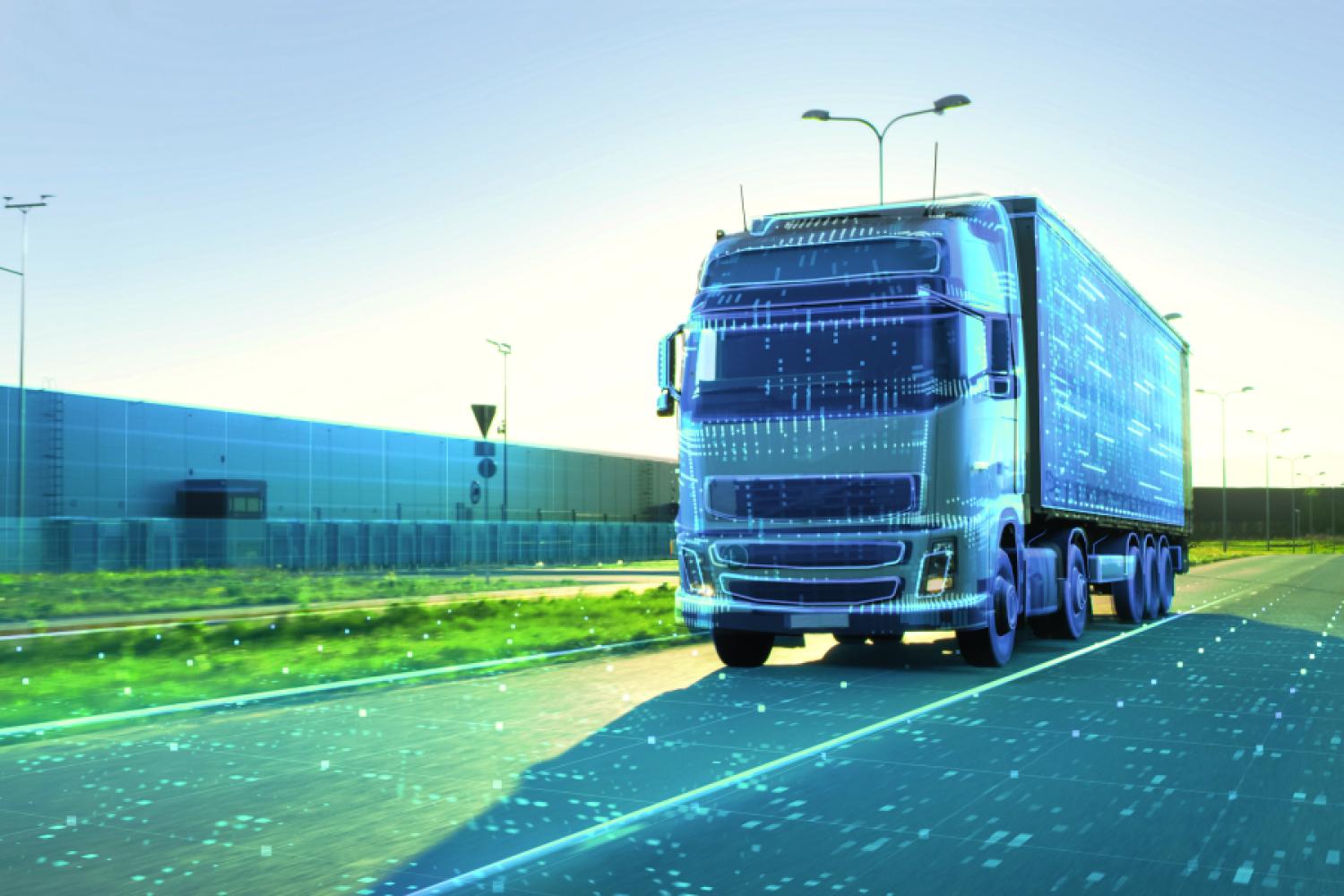The Federal Ministry for Digital and Transport (BMDV) has presented its report on the promotion of climate-friendly commercial vehicles. From 2021 to the early termination of the program in 2024, around 900 million euros were invested in the acquisition of low-emission vehicles, almost 300 million euros in charging infrastructure. This was intended to create an incentive for electrification in road freight transport. The Berlin-based consulting company M3E has evaluated the results from a practical perspective and formulated concrete recommendations for transport companies.
According to the report submitted to the Bundestag on the evaluation of the funding program, a total of 3,388 applications were submitted under the KsNI guideline – around 1.67 billion euros in funding had been requested. In the end, there were valid commitments for over 6,600 vehicles and nearly 2,500 charging stations with a total volume of just over 919 million euros. According to the report, at least 4,443 vehicles and 648
charging points are already in operation.
The evaluation of the federal ministry concludes that the funding has achieved its goals. In particular, a clear signaling effect for the market ramp-up of heavy E-trucks is demonstrable. The reduction of greenhouse gas emissions in road freight transport has also been initiated. A significant portion of the funded new registrations was for vehicles of class N3 – that is, the heaviest trucks in road freight transport.
The authors of the government report critically assess the abrupt end of the funding due to the budget freeze. The decision has stalled the emerging momentum and caused uncertainty among companies. M3E shares this assessment. The company, specialized in sustainable mobility, has supported many applications and derives five key lessons from its consulting practice.
According to M3E, the willingness to invest depends heavily on reliable funding conditions. Because such programs are often launched or terminated at short notice, early planning is
crucial. Only in this way can new calls for funding be quickly responded to. M3E also warns against the bureaucratic effort that is often underestimated during the application process. The consultants recommend clarifying responsibilities and, if necessary, bringing in external support to avoid delays.
Another point concerns the funding level: The previously sometimes very generous subsidies – in the case of the KsNI directive, up to 80 percent of the additional investment costs – are not to be expected in the future. Companies should therefore adjust their economic calculations to more realistic quotas and consider investments even if the funding is lower.
M3E further advises integrating regulatory developments actively into corporate strategy. Requirements such as CO₂ fleet limits or toll exemptions often have a stronger impact on investment decisions than the funding itself. Those who respond early to foreseeable political developments secure strategic advantages.
Last but not least, M3E advocates for a flexible and
broad funding strategy. The German funding landscape is subject to constant changes, and unilateral dependencies on individual programs are risky. Besides the funding instruments of the federal government and the EU, companies should also keep an eye on regional offers.
Dr. Christian Milan, founder and managing director of M3E, points out alternative sources of funding:
"Even if they are less well-known, there are numerous other funding opportunities that companies can use to advance the electrification of their fleets and locations."
According to M3E, the company was able to secure funding of 45 million euros for its customers through the KsNI program. The success rate when applying was, according to their own statements, 97 percent.
With the expiration of the KsNI directive, the industry realizes that funding can be an important tool – provided it is used timely, targeted, and strategically. Building a flexible, forward-looking funding strategy could thus become a central management task for






